- 631-796-2804
- [email protected]
- Mon - Fri: 6:30AM - 5PM
Professional seal coating that extends your driveway’s life and saves you thousands in replacement costs.
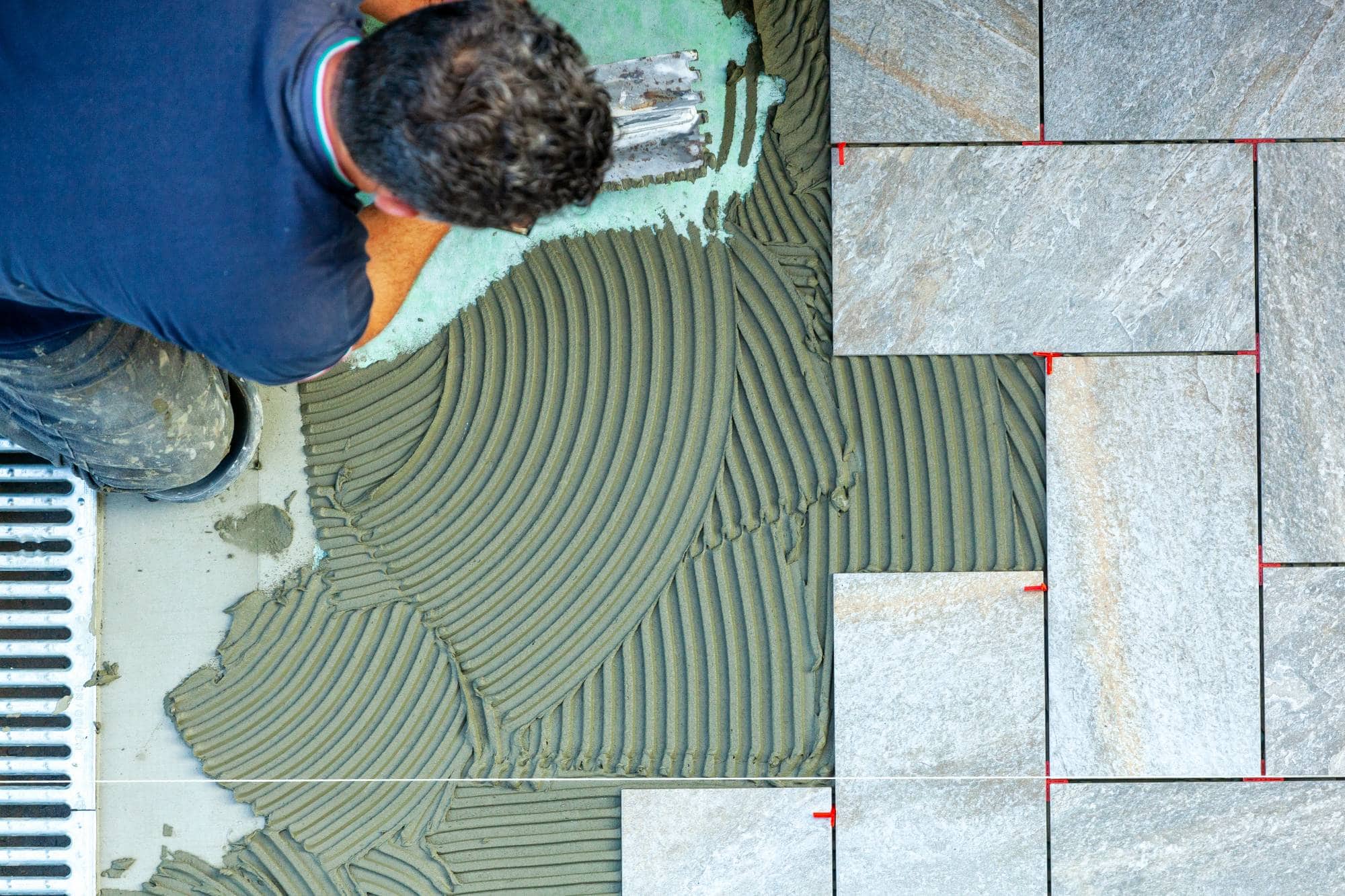
Hear from Our Customers
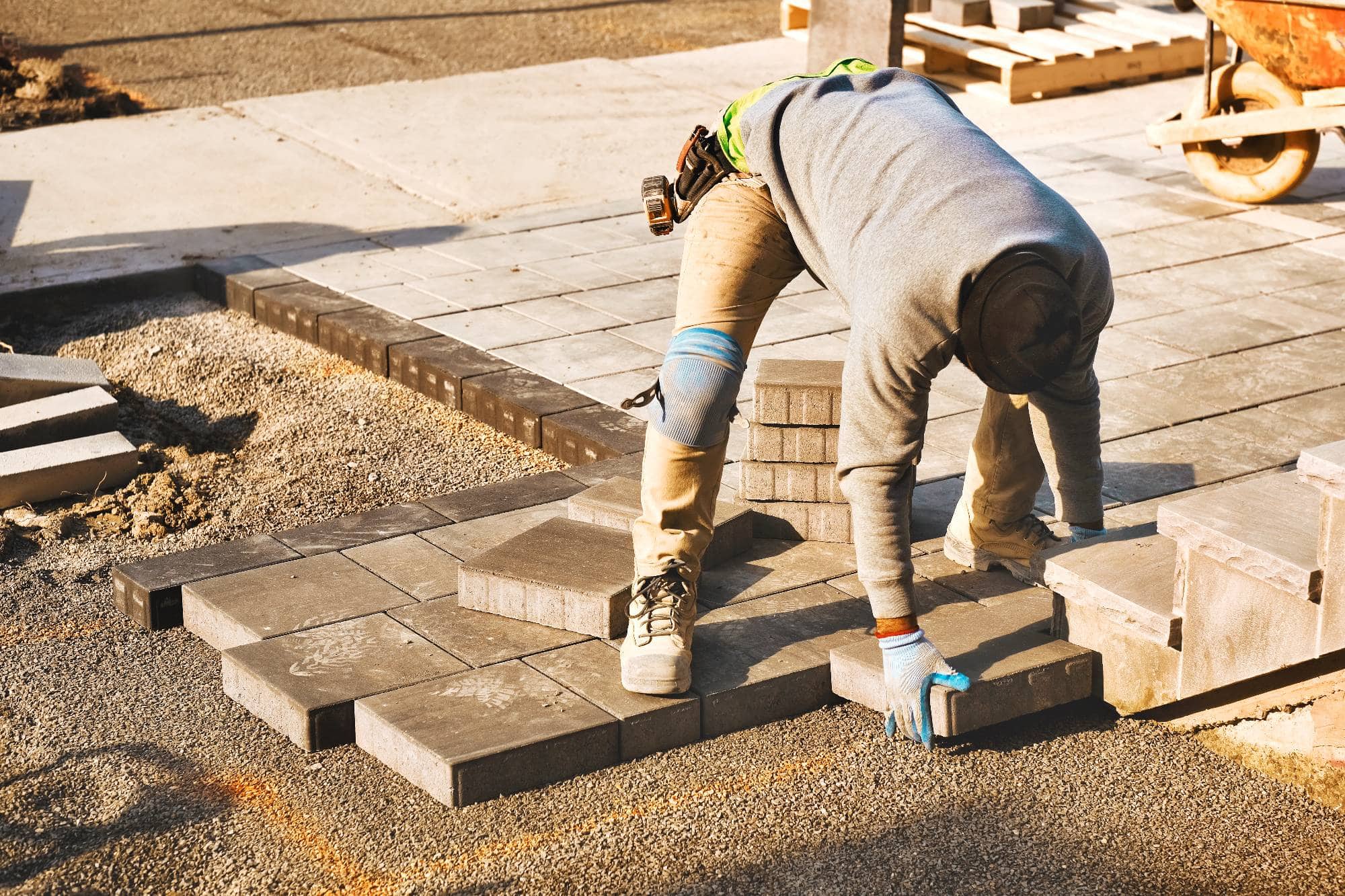
Your asphalt faces a beating every day. Rain seeps into cracks, oil stains set in, and UV rays break down the surface. Without protection, you’re looking at expensive repairs or complete replacement in just a few years.
Quality seal coating changes that equation entirely. You get a protective barrier that keeps water out, prevents new cracks from forming, and gives your driveway that fresh, dark appearance that makes your property look well-maintained.
The math is simple: seal coating costs around $0.20 per square foot. Replacing your driveway costs $4-6 per square foot. One application can extend your asphalt’s life by 3-5 years, which means you’re essentially buying time and saving money with every gallon applied.
All Purpose Paving has been protecting Centerport driveways and parking lots for years. We understand how Long Island’s freeze-thaw cycles, coastal humidity, and heavy traffic patterns affect your asphalt differently than other regions.
We use commercial-grade sealers designed for New York’s climate extremes. We know when conditions are right for application and won’t rush a job just to fit it into a schedule. That attention to timing and materials is why our seal coating jobs last longer and look better than quick-application competitors.
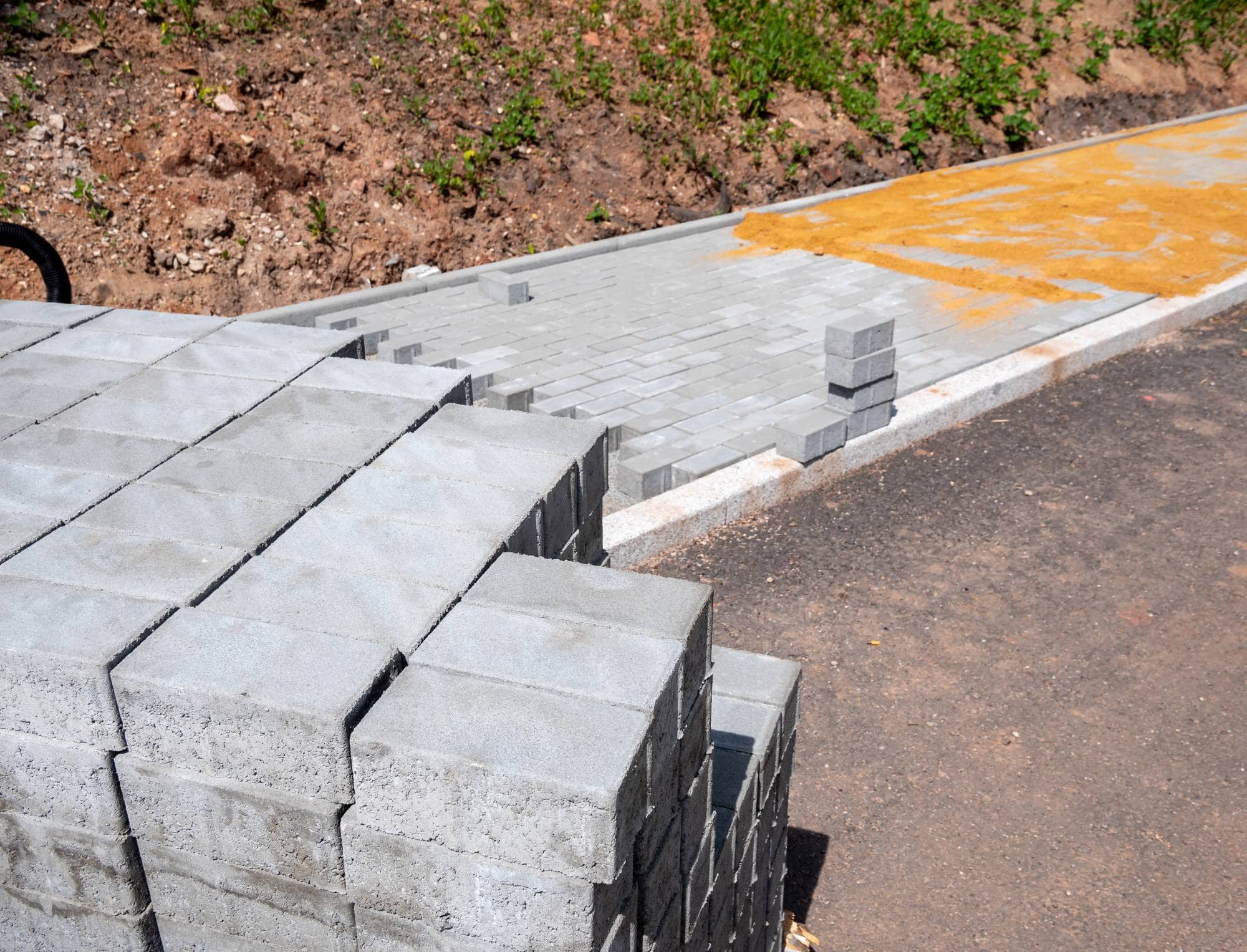
First, we clean your asphalt surface completely. Oil stains get treated, debris gets removed, and any loose material gets swept away. You can’t seal over dirt and expect good results.
Next comes crack filling if needed. Small cracks get sealed before the main application because sealer alone won’t bridge gaps. This step prevents water from getting underneath and causing bigger problems later.
The actual seal coating application uses professional spray equipment for even coverage. Two thin coats work better than one thick coat, so we take the time to do it right. Weather conditions have to be perfect – no rain in the forecast, temperatures above 50 degrees, and low humidity for proper curing.
You’ll need to stay off the surface for 24-48 hours depending on conditions. We’ll mark off the area and give you clear instructions about when it’s safe to drive on again.
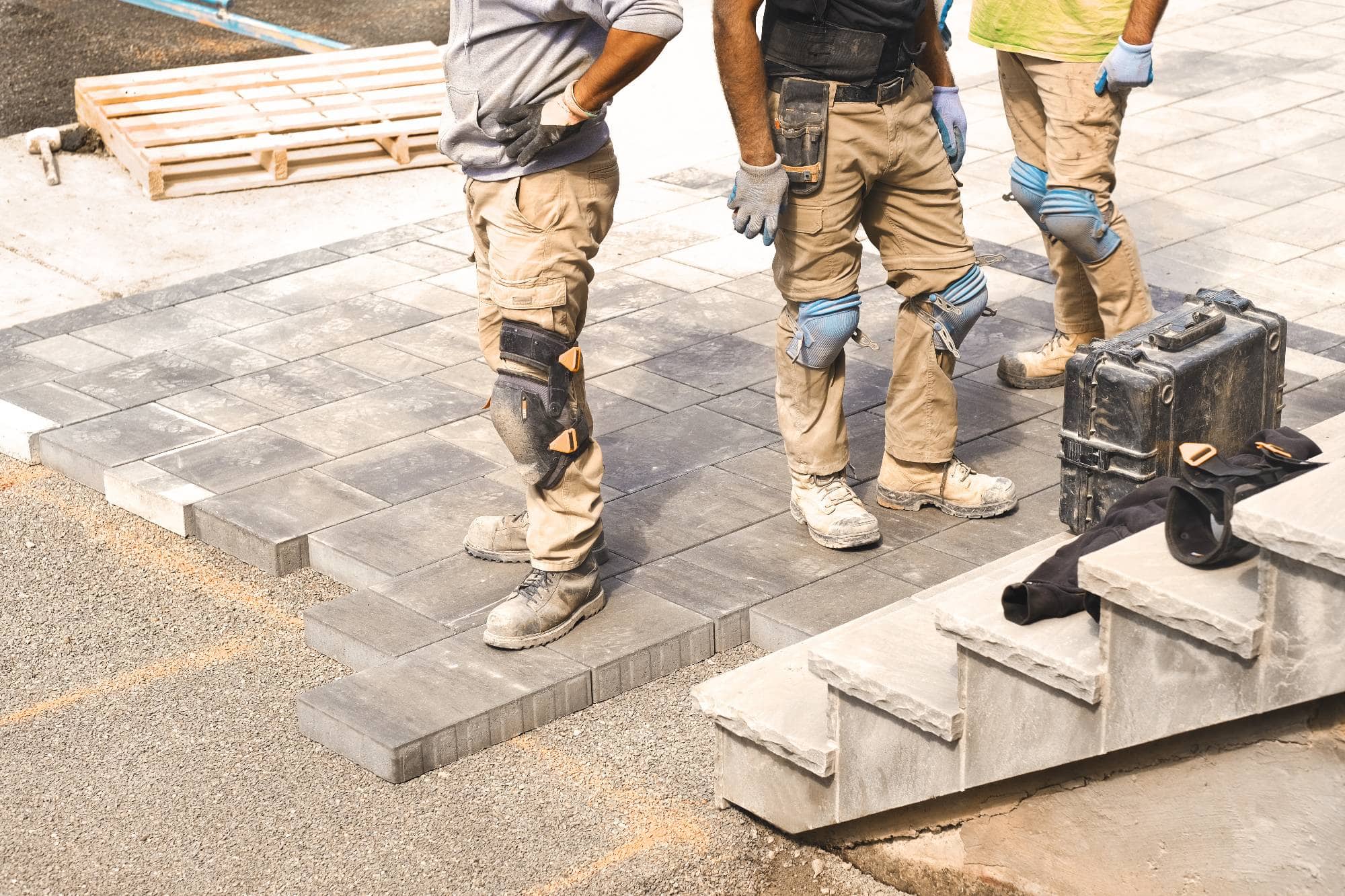
Ready to get started?
Every seal coating job includes thorough surface preparation, crack filling for cracks under 1/4 inch, professional-grade sealer application, and proper curing time. We don’t cut corners on prep work because that’s where most seal coating failures happen.
You get commercial-quality materials designed for heavy use and weather exposure. The sealer contains sand for traction and UV inhibitors to prevent premature breakdown. This isn’t the watered-down product some contractors use to boost their margins.
Centerport properties often have unique challenges like tree coverage affecting drying time or drainage issues that need addressing before sealing. We evaluate each job individually and adjust our approach based on your specific conditions. That local knowledge makes the difference between a seal coating job that lasts two years versus one that protects your asphalt for five.
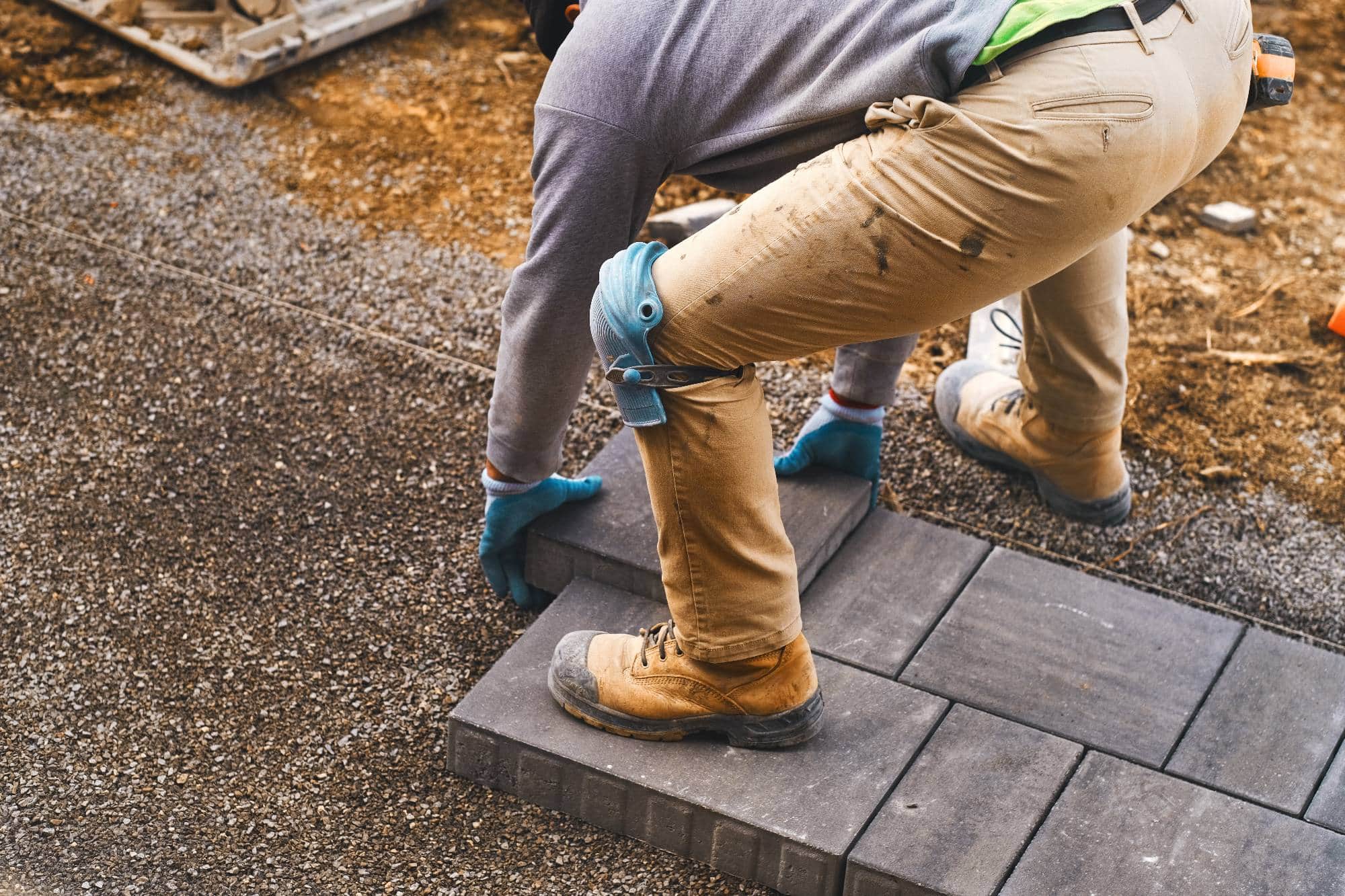

We are a family owned and operated paving contractor servicing customers on the East end of Long Island. We specialize in all phases of paving from start to finish.